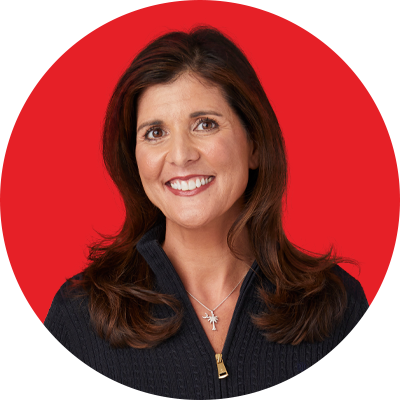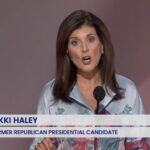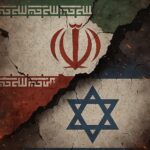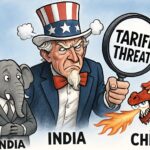Former U.S. Ambassador to the United Nations Nikki Haley has cautioned that the U.S.-India relationship is at a critical “inflection point” after four decades of strengthening ties, warning that India must be treated as a “democratic partner” rather than as an adversary.
In an opinion piece titled “To Counter China, Rebuild U.S.-India Relationship” published in Newsweek on August 20, 2025, Haley underscored the strategic importance of repairing the strained partnership. “Four decades later, the U.S.-India relationship is at a troubling inflection point. To achieve the Trump administration’s foreign policy goals—outcompeting China and achieving peace through strength—few objectives are more critical than getting U.S.-India relations back on track,” she wrote.
Haley, who served as U.N. envoy during former President Donald Trump’s first term and is now the Walter P. Stern Chair at the Hudson Institute, co-authored the piece with Bill Drexel, a fellow at the think tank. An Indian American and former Governor of South Carolina, Haley emphasized that “India must be treated like the prized free and democratic partner that it is,” stressing that unlike China, India should not be regarded as an adversary.
She warned that undermining ties with India would reverse decades of momentum, weakening America’s position against Chinese dominance in Asia. Recalling President Ronald Reagan’s 1982 state dinner toast to Indian Prime Minister Indira Gandhi, Haley drew on his words that despite “separate paths,” both nations share the same destination as “two proud, free peoples.”
Haley, who also a Republican Presidential candidate against Trump in 2024 , described the current moment as volatile, citing threats of new U.S. tariffs on Indian oil imports and existing 25 percent tariffs on Indian goods. These moves, she said, follow months of growing friction, including disagreements over U.S. involvement in India-Pakistan ceasefire talks.
“Trump is right to target India’s massive Russian oil purchases, which are helping to fund Vladimir Putin’s brutal war against Ukraine,” Haley acknowledged, while noting that India’s historically high tariff rates remain a longstanding issue.
At the same time, she highlighted India’s vital role in diversifying global supply chains away from China. From textiles to solar panels, she argued that India has the scale to produce essential goods that cannot be quickly or cost-effectively manufactured in the U.S.
On defense, Haley pointed to India’s expanding partnerships with the U.S., Israel, and other allies, describing New Delhi as a “crucial asset to the free world’s security.” She also noted India’s growing presence in the Middle East and its strategic position along China’s energy and trade routes.
Looking further ahead, Haley stressed India’s demographic and economic rise. With the world’s largest population, a young workforce, and one of the fastest-growing economies, she argued that India’s trajectory will shape the global order. “India’s rise represents the most significant geopolitical event since China’s, and is among the greatest obstacles to China’s goal of reshaping the global order,” she wrote.
Haley urged both nations to prioritize cooperation in countering China, citing territorial disputes and longstanding hostilities between India and its northern neighbor. “It would serve America’s interests to help India stand up to its increasingly aggressive northern neighbor, both economically and militarily. And it would be a massive—and preventable—mistake to balloon a trade spat between the United States and India into an enduring rupture,” she warned.
For progress, Haley advised India to address U.S. concerns over Russian oil, while urging Washington to repair the relationship through “direct talks” between President Trump and Prime Minister Narendra Modi. “The sooner the better. The administration should focus on mending the rift with India and giving the relationship more high-level attention and resources – approaching what the U.S. devotes to China or Israel,” she wrote.
Despite tensions, Haley expressed optimism that the deep friendship between the world’s two largest democracies provides a “solid basis” to move forward. “The United States should not lose sight of what matters most: our shared goals. To face China, the United States must have a friend in India,” she added.






